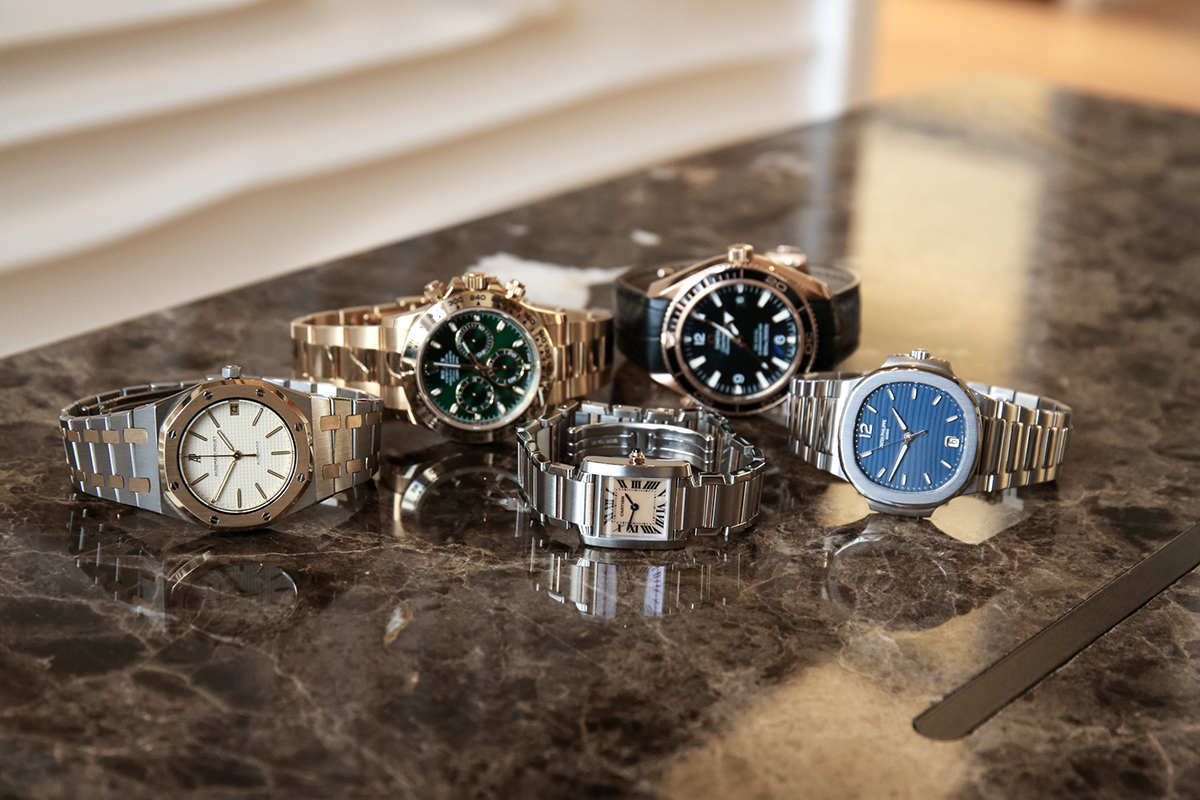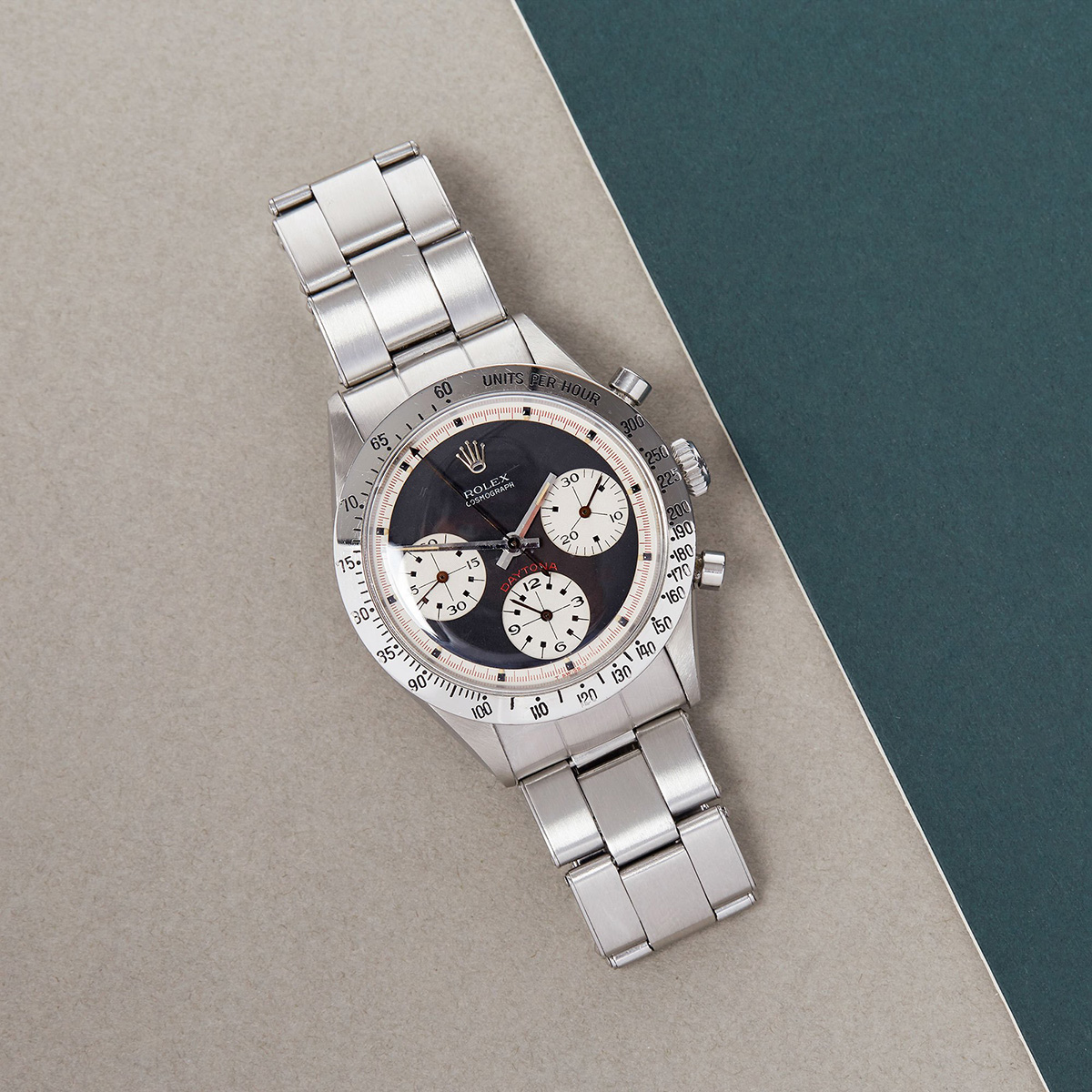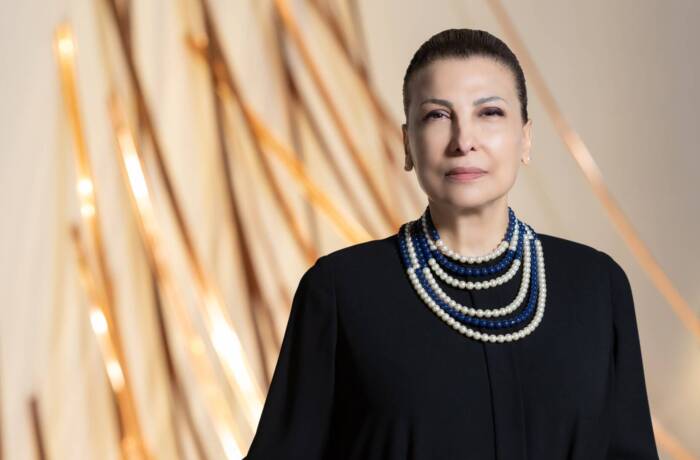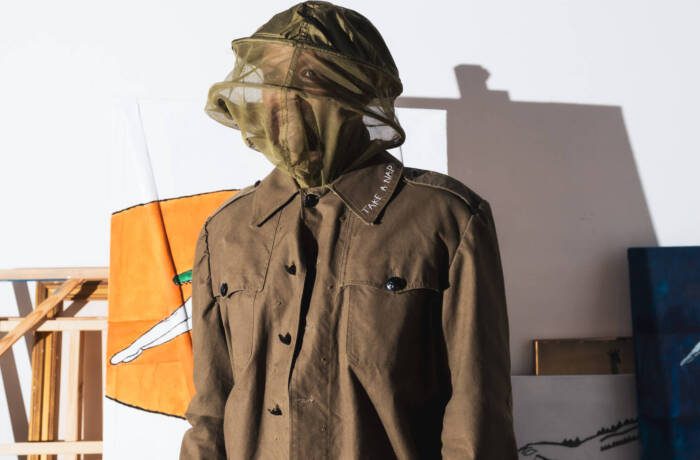
Founder of Xupes, Joe McKenzie
Joe McKenzie and his father Frank founded Xupes in 2009, selling a handful of pre-owned Cartier watches from their home in Bishop’s Stortford. The company now sells a curated collection of vintage handbags, jewellery, art and design pieces alongside refurbished luxury timepieces. Here, he speaks to Candice Tucker about sustainable luxury, the rise of the digital marketplace and future collectibles
1. What inspired you to enter the pre-owned luxury retail industry?
I’ve always been interested in and participated in the circular economy. When I was 13, I was buying and selling clothes on eBay. I’ve always had an appreciation for nice things (but couldn’t afford them!) with an interest in engineering. Buying pre-owned gave me the ability to own and enjoy nice clothes for a few months and then, often sell them for double what I paid. When I was 15, I taught myself to repair airsoft gearboxes. Airsoft was an increasingly popular sport at the time and I imported parts from China to offer one of the first repair services in the UK. This was my first proper job that gave me the ability to save up some money. My parents have always taught me the importance of independence and I guess my entrepreneurship started from a young age inspired by my father and grandfather who both ran their own successful businesses.
Follow LUX on Instagram: luxthemagazine
The mechanics of watches always fascinated me (my great grandfather was a clock maker) and when I was lucky enough to be gifted one, I became immersed in the world of horology. With the knowledge and experience of buying and selling on eBay, I saw an opportunity to redefine a market that was growing and where others were not offering service or quality. I thought to myself: why shouldn’t the experience of buying a second hand (or pre-owned as we call it) luxury watch be the same or better than buying one new? This is how the idea of Xupes began, in my bedroom at university, and I set out to redefine the perception of buying a luxury pre-owned item. I was completing a degree in photography at the time, and I used this experience to focus on creating a brand that could become a leader in the sector.

A selection of pre-owned luxury watches from the Xupes collection
2. Why are vintage watches becoming ever more popular at a time when everyone has a phone that tells the time and also a smart watch?
This is a topic which has been widely discussed. At first, people thought the smart watch would have a significant impact on the luxury watch market. But customers who own a luxury watch appreciate it for many other reasons beyond convenience. Smart watches provide a service and the technology that helps us streamline our lives day to day. A luxury or vintage watch is a work of art, something with history that tells a story and is an extension of our personality, that one day might be passed on to loved ones. They also can appreciate so have become collectable and in today’s world and alternative asset class. Often, for these reasons our customers have both for these very different purposes.
3. Have any watch brands become noticeably more popular since the pandemic?
The pandemic has had one major impact to our sector: it has accelerated a shift towards digital/online channels versus the high street, a shift that was happening already, but is now probably 5 years ahead of where it would have been had the pandemic not happened. At the start of the pandemic this created a rush of brands struggling to re-organise their businesses to be able to sell online, but it is only now, 12 months on, that many of them have managed to set this up properly whilst others are still developing their operations to cope with this change. I also think consumers are more conscious of the impact their purchasing is having on the planet, bringing a wave a focus on more sustainable luxury, within which the circular economy will play a huge part in years to come.
Read more: Uplifting new paintings by Sassan Behnam-Bakhtiar
This has all meant we’ve seen considerable demand grow across our most popular brands, which people couldn’t easily buy during the pandemic. Examples are Rolex, AP and Patek Philippe, but we’ve seen a new demand in vintage across these brands as well as Cartier, Omega, IWC, and Jaeger-Le- Coultre as customers start to diversify and deepen their interests and collections. Some of the more niche independent brands have also increased in their desirability such as FP Journe, George Daniels, Philippe Dufour, Laurent Ferrier and Moser & Cie. My personal belief is that next year will also be big for the Audemars Piguet Royal Oak as it is the model’s 50th Anniversary. I expect prices for vintage Royal Oak’s to increase significantly. Prices in the past 12 months have risen across the pre-owned sector in varying amounts driven by this shortage of supply.
4. What is the decision process when deciding which brands you choose to sell?
We created Xupes through interest and passion for what we do. Our whole service is built around experience and taking time to educate and often learn from our customers. We apply this to the collection we offer and only purchase around 5% of what we are offered. This is because we’re selective about quality, provenance and also the brands and models we select. We believe our collection of watches is one of the best in the industry. Whilst we want our customers to have the right variety, we won’t sell anything and everything and 75% of our inventory is focused across five key brands.

A pre-owned Rolex Daytona Stainless Steel watch
5. Is there a clear demographic of the people buying pre-owned watches?
The demographic where we see the largest portion of our customers is 35-50 and 75% male as you might expect. The watches we sell are expensive items often purchased for a special occasion to commemorate a milestone in life or to celebrate a birthday or other event. It’s hard for our team to remember that people often work hard for years to treat themselves to a luxury watch. So many of our customers are professionals from a variety of walks of life. It’s important to add however we have seen an increase in our female customer base; one of our best customers is a female watch collector with over 150 watches in her collection. And we’ve also seen a shift new 20–35-year-old customers buying their first watch with a view to investment, something they can also trade up through our part exchange service.
6. Which contemporary watch brands do you envisage being future collectibles?
We’ve seen Richard Mille sustain huge growth in residual values in the pre-owned market over the past three years. Twelve months ago, we discussed whether this could and would continue, and whether it could be a fad and go out of fashion, but the demand and prices remain strong, and Richard Mille has done well to maintain demand. I believe some of the independent brands could become hugely coveted in the future as the watch market continues to grow. We’ve seen this with FP Journe and Laurent Ferrier as I mentioned as many pieces are made in such small volumes versus say Rolex or even Patek Philippe. We also witnessed the recent discontinuation of the Nautilus 5711 which saw prices spike by 25% in 24 hours in a market where this watch already commanded nearly 3 times premium on the retail price. Lange & Sohne’s release of the Odysseus was another example of a leading brand bringing out a steel “sports” watch which now commands a large premium. Rolex sports watches are always a safe investment and will have future collectability.
Find out more: xupes.com








